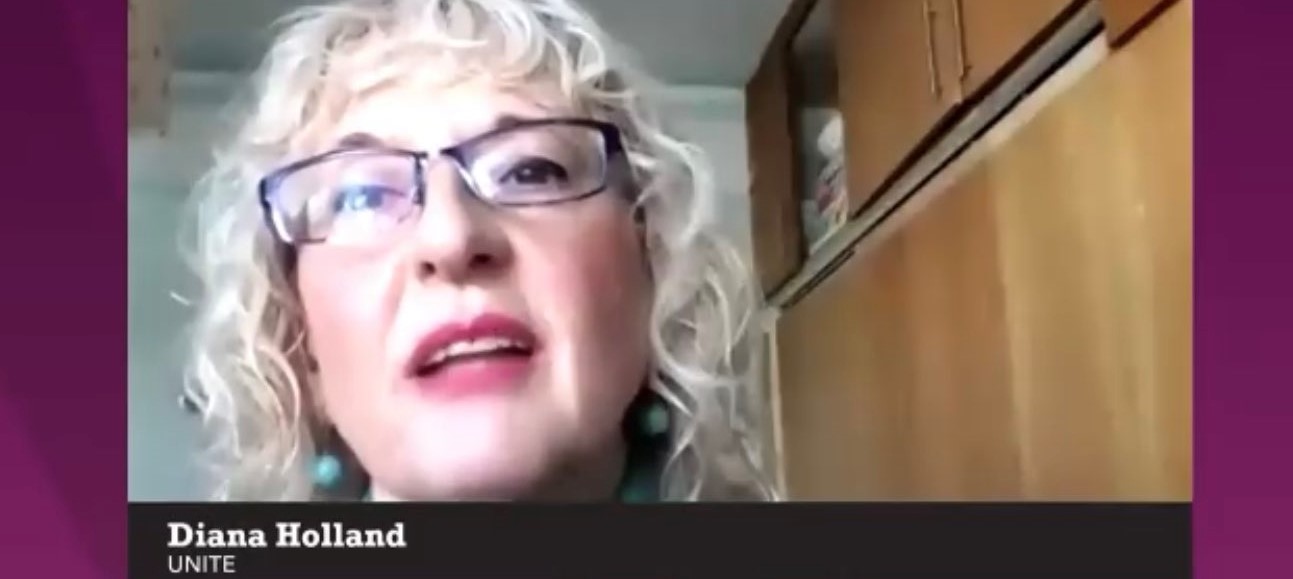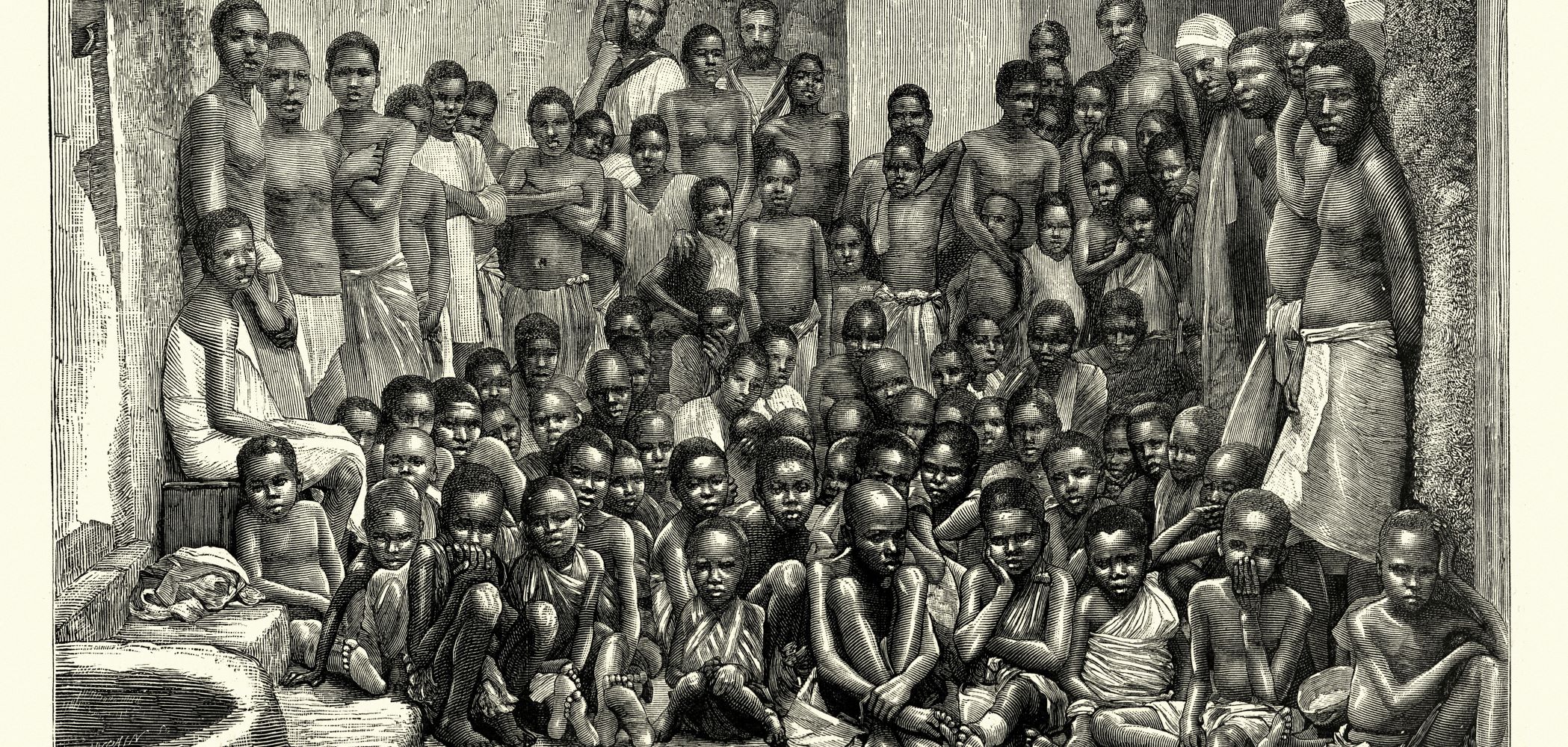The price of freedom
The aim of lesbian, gay, bisexual and transgender (LGBT) history month is to celebrate and recognise LGBT people’s contributions to society.
Having started in the US in 1994, with the support of the country’s largest union, the National Education Association, it was implemented in Britain by the LGBT campaign group School’s Out! after the abolition of the notorious Section 28 law – which aimed to stop local authorities and schools promoting homosexuality.
As in America, the British trade union movement ensured that LGBT history month became an annual event.
LGBT rights are recognised by Unite as both a domestic and international issue. At home the Tory Trade Union Bill threatens valuable union rep time, which in turns threatens LGBT members who may need support because of discrimination at work.
Unfortunately in many other countries the situation for LGBT people is more extreme. Although 18 countries recognise same sex marriage, homosexuality is illegal in 72 others. In 10 countries homosexuality is punishable by execution.
Â
Vulnerable
“The gay community throughout the world is always particularly vulnerable – it’s always a minority. One reason is that they’re easy pickings for the right-wing when they want to deflect attention away from the real problems.
“We see that happening in Russia and in India – in fact in India things have gone into reverse after a little bit of progress,” explained Unite Community member and one of the founders of Lesbians and Gays Support the Miners, Mike Jackson.
That’s why Unite raises LGBT issues through the global union federations and works with sister unions around the world, as well as supporting the work of the International Lesbian, Gay, Bisexual, Trans and Intersex Association (ILGA).
In the UK, Unite’s regional and national LGBT structures are there to help ensure that discrimination can be dealt with if it raises its ugly head at work.
“We’re electing equality reps trained in LGBT issues to make sure every member has access to representation if they experience homophobia, transphobia or biphobia,” says BMW Unite rep and LGBT campaigner, Sam Webster Moore.
Over the last 50 years Britain has come a long way in implementing LGBT rights. The 1967 Sexual Offences Act decriminalised homosexuality, the 2000 Equalities Act outlawed homophobic discrimination and in 2013 same sex marriage was enshrined in law.
But “the price of freedom is eternal vigilance” says Mike Jackson and although the current government is not targeting the LGBT community per se, their policies still present a major threat.
Wildest dreams
“I never imagined in my wildest dreams that in my lifetime we would make as much progress as we have. When I was a teenager it was still illegal to be gay.
“You can’t deprecate anyone who’s moved that emancipation forward, even Cameron (with his stance on gay marriage),” said Mike.
“But what we have to remember is that historically it was the Tories who introduced Section 28 in 1988. It was the Tories who ignored HIV when it was looming because it mainly affected gay men and they didn’t care.
“And more widely what’s going on now with austerity and the attacks on working people’s rights is a repetition of what they did before. Basically it’s capital versus labour – it’s as old as the hills and it affects us all.”
This can be seen in the trade union Bill, which intends to cut down the amount of time union reps can spend representing their members.
Although LGBT rights in the UK have progressed, homophobia and discrimination is still rife within all levels and areas of society – including workplaces.
The trade union Bill would erode the ability of reps to provide assistance to LGBT members. Unite is fighting to ensure that doesn’t happen.
 Like
Like Follow
Follow


